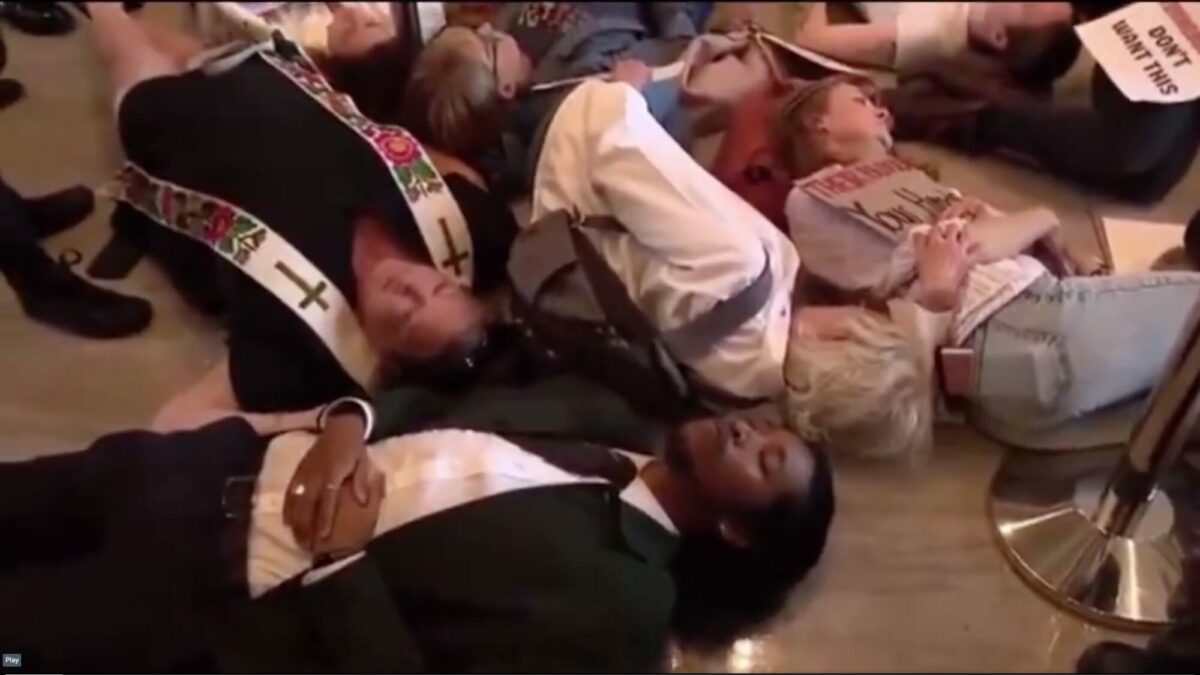Biden was very pleased with himself on Day One of his presidency when he slapped his John Hancock on a stack of executive orders — especially some that radically changed our border policy.
He was going to reverse everything Trump did to make the border more secure. And with every day that passes the Democrats reveal just a little more of the real motivation behind it.
Trump had directed the building of a border wall, and Congress had explicitly allocated dollars to be spend on that project.
Joe Biden’s administration claimed the right to repurpose those dollars to other priorities, including flood control, clean-up, and environmental projects.
Texas and Missouri took it to court. And won.
Judge Tipton, an appointee of President Donald Trump, ruled in favor of the Republican-led states, saying in his ruling that Congress should decide how money is spent, per the U.S. Constitution, and that the Biden administration is not immune from following the law.
[…]
“Agencies, when afforded congressionally appropriated funds, may expend them only for the proper purpose and amount, and within the authorized period of time,” Judge Tipton wrote.
Therefore, without that discretion, the DHS’s spending decisions “run afoul” of the law, specifically violating the Administrative Procedure Act (APA).
Judge Tipton wrote in his order that the way Congress wrote the law was quite specific in saying the money should go to barriers along the border.
“The central question in this case, then, is this: Has the Government obligated FY 2020 and FY 2021 funds for the ‘construction of [a] barrier system’? The answer is largely no,” the judge wrote. — EpochTimes
Will this be appealed? Probably.
But this is exactly the kind of question that could fall under the umbrella of the chevron doctrine being contemplated in another case at SCOTUS, and depending on what they make of that case, it could have massive ripple effects on other cases where agencies take it upon themselves to act independently of — and often beyond the scope of — any boundaries explicitly by Congress.




